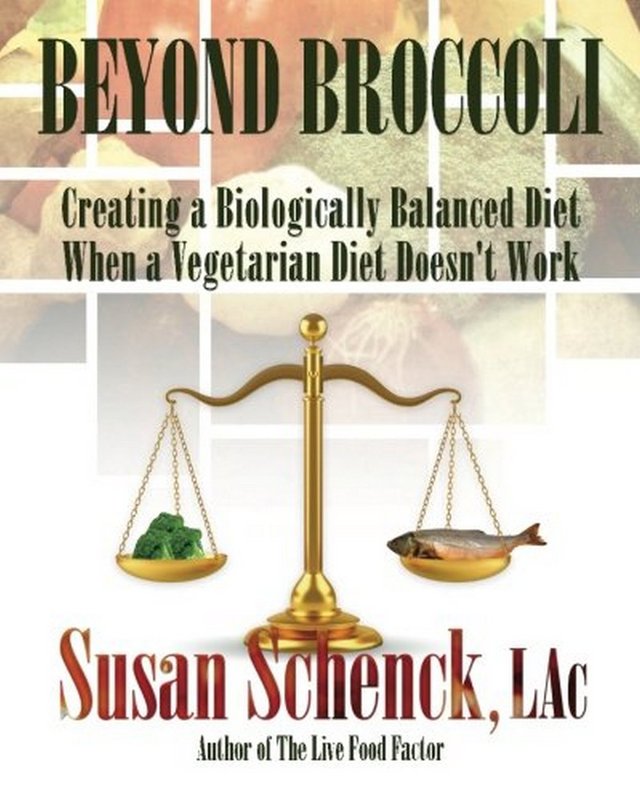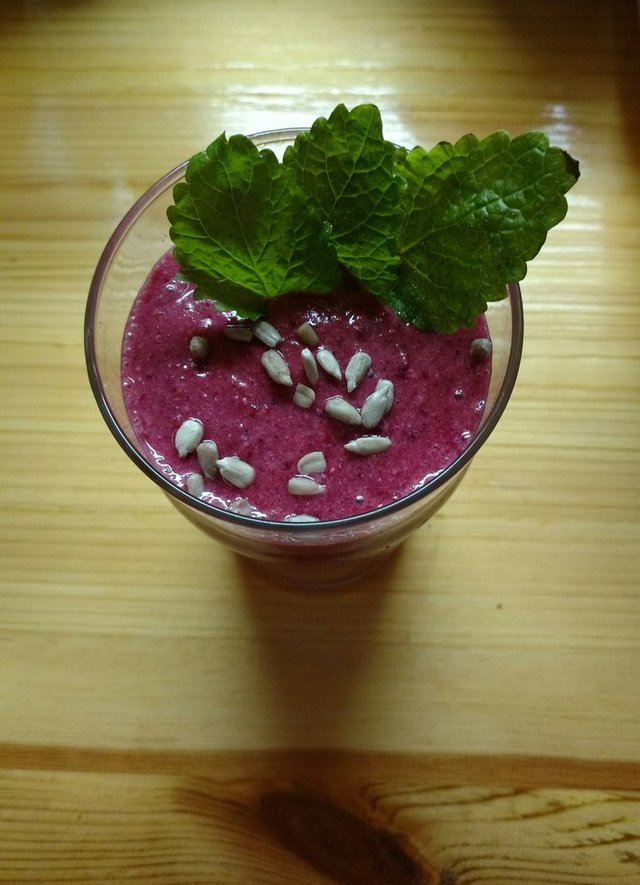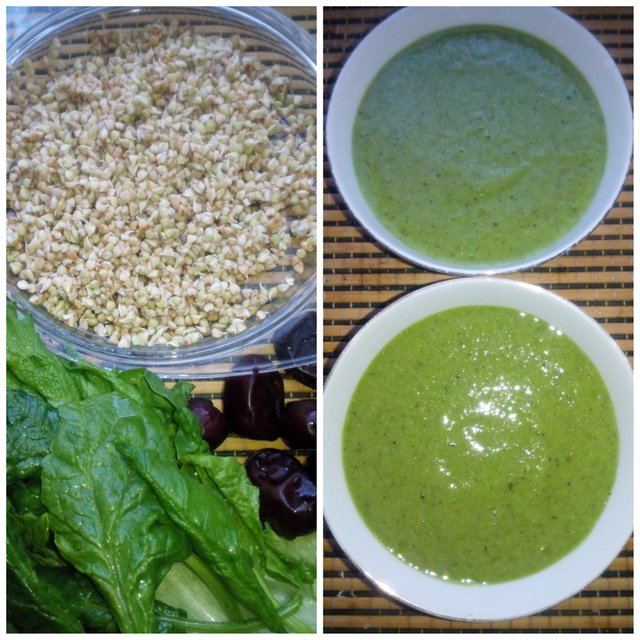Author Susan Schenck Talks About Her Book Beyond Broccoli

If Susan’s first book, The Live Food Factor, is considered the ‘Old Testament’ for the raw food revolution, then Beyond Broccoli is sure to become the ‘New Testament.’ It debunks a lot of myths, such as soy is a super health food and provides a hybrid version of raw food dieting called The Biologically Balanced Diet.
Beyond Broccoli is compelling reading for serious health enthusiasts as well as those of us who simply want to know the what and how to eat better. Ms. Schenck challenges our traditional thinking about diet and even gives us healthy food for thought about vegetarian and vegan diets that might surprise you.
This book is not your typical fad diet book. It awakens our senses as well as our palates and gives us everything we need to know about what to eat and why. It is 268 pages of valuable information and a tell-it-like-it-is blueprint for a much healthier eating lifestyle.

Here is part I of the interview with author Susan Schenck:
To educate the readers on your subject matter, how do you define a Biologically Balanced Diet?
Author – The way our ancestors ate: they didn’t eat a lot of meat, and some days none. Americans go way overboard and eat it two or three times a day! Then you have vegetarians who eat NO meat, and vegans who shun even eggs, fish oil, etc. Many of them eat unnatural foods such as processed soy to get protein. My book explains the dangers of that, which include dementia! A balanced diet includes a wide, very wide variety of many natural, unprocessed foods. It can be a plant-based diet, but should include (for most people) at least some fish, meat, and eggs.
After the critical acclaim and success of The Live Food Factor, why did you feel that a sequel book was necessary?
Author – I never write unless I get the inspiration. Even though others have written about their issues after following a vegetarian or vegan diet, I felt I had my own voice, my own story, and my own research to contribute. When I get voraciously curious about researching a topic, there’s no stopping me! I will pay any amount in money for books, devote endless months or years to research the topic deeply, and then finally, I get inspired to share my own insights with a book on the topic. I do it purely for the joy of being in the flow! I don’t care if only a few hundred read the book: it was worth it for me to be in the creative flow, in the zone!
In your previous book, The Live Factor, you encourage readers to follow nature’s laws by eating raw foods to detoxify and become much healthier. In your sequel, Beyond Broccoli, why do you now advocate making up to 10 percent of our caloric intake in the form of raw or lightly cooked animal foods?
Author – Not necessarily: I know paleoists who eat 100% raw! But the reality is: most people don’t like to eat cooked meat all the time. I eat some, but frankly I find raw chicken and fish revolting unless marinated overnight in lemon or lime juice so that it looks cooked. Usually I just don’t have time for that—I now go for very little food prep. So I just lightly steam the meat. But beef I find tasty when seared or dehydrated.

I know a raw food enthusiast who, because of her diet, is also required to take a few natural supplements to create a balanced diet. Is she going about this correctly or is there another way?
Author – I do believe in supplements because to extend your healthy years, there are many things you can take. For example, to reduce inflammation, take turmeric (found in curry). Or take alpha lipoic acid, co Q10, etc. However, I always try to get nutrients from foods whenever it’s possible. The issue with veganism is that the diet lacks or is low in so many nutrients we can get from food, including B12, DHA (crucial in intelligence), EPA (important for well being), etc. I have an entire chapter on that in my book! Also, the body is not always efficient at converting plant nutrients into ones already found in animal products. For example, you can eat flax seeds and walnuts for omega-3, but they convert poorly into DHA and EPA (found in fish). Same with many other nutrients: you need to eat a lot of beta carotene found in carrots to make Vitamin A.
Furthermore: if you’re a vegan taking supplements for thing found in animal foods alone, how do you know there are not nutrients we haven’t yet discovered in animal foods? Before DHA was discovered, vegans sometimes got dementia!

LIGHTLY COOKED MEATS IN MODERATION
Would a Biologically Balanced Diet work for everyone or could it cause problems for someone with a chronic ailment, such as diabetes?
Author – Are you kidding? Ha ! It would cure such ailments! Modern diseases of civilization began with agriculture and cooking. Things got really worse with factory farming of meat and fish, as well as processed foods, refined foods, and a diet high in sugars like high fructose corn syrup (major cause of the obesity epidemic).
In allowing some animal foods into our diet, is it safe to say you are not referring to an 8-ounce beef burger?
Author – It depends on the size and activity of the person. I think three to six ounces a day is enough for most folks. But since you may not eat meat every single day, the occasional 8-oz. steak is just fine. Some could even do that frequently, especially if it is lightly cooked and the only protein for the day. As I explain in Beyond Broccoli, protein is not something you want to overdo. But I was waaaay under doing it on a vegan diet!
If raw foods are so good for us, why do some people experience ill-health on a vegetarian or vegan diet?
Author – As I explain in Beyond Broccoli, as well as The Live Food Factor, raw is law! But eating a “veg” diet is not natural. Some folks have adapted to it; some think they have, but really aren’t doing as well as they could. Many cannot achieve peak health with such restricted diets.
I personally know some raw vegans in super health. Others lack muscle, and/or display lack of what I call peak mental and physical health. I feel that they would improve if they just added a tiny bit of animal foods to their diet.
Most fad diets call for us to either eliminate or greatly reduce proteins or carbohydrates. Are these diets doomed to failure and if so, why?
Author – There are also diets that tell you to eat only 10% (or even less!) of your calories in fat! This can be dangerous for some people.

I think the real issue is one of good fats vs. bad fats; good carbs vs. bad carbs; and good protein vs. bad protein. There are differing metabolic types, as I explain in chapter 10, and we all have to find the ratios that work well with us. I do well on a balance of ratios (slightly more carbs), but with lower glycemic carbs. So I use yacon root syrup and stevia for sweeteners.


